Where love is, there God is also
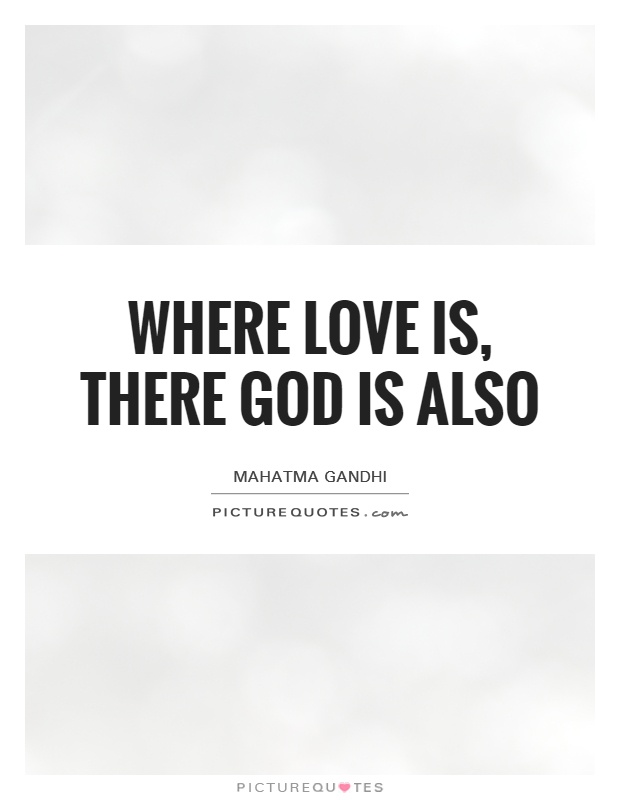
Where love is, there God is also
Mahatma Gandhi, also known as the Father of the Nation in India, was a prominent leader in the Indian independence movement against British colonial rule. He was a firm believer in the power of love and nonviolence as a means to achieve social and political change. Gandhi's philosophy was deeply rooted in the idea that where there is love, there is also God.Gandhi's belief in the connection between love and God can be seen in his teachings and actions throughout his life. He believed that love was the most powerful force in the world and that it had the ability to transform individuals and societies. Gandhi often spoke about the importance of love in his writings and speeches, emphasizing that love was the key to overcoming hatred and violence.
One of Gandhi's most famous quotes is, "Where there is love, there is life." This quote reflects his belief that love is essential for human existence and that it has the power to bring about positive change in the world. Gandhi believed that love was not just a feeling, but a way of life that required action and commitment.
Gandhi's commitment to love and nonviolence was evident in his approach to social and political activism. He believed that love was the only way to truly connect with others and to bring about lasting change. Gandhi's nonviolent resistance movement, known as Satyagraha, was based on the principles of love, truth, and nonviolence. He believed that by practicing love and compassion towards others, individuals could create a more just and peaceful society.
Gandhi's belief in the connection between love and God was also reflected in his personal life. He was a deeply spiritual person who believed that God could be found in all living beings. Gandhi saw love as a way to connect with the divine and to cultivate a deeper sense of unity with all of creation.


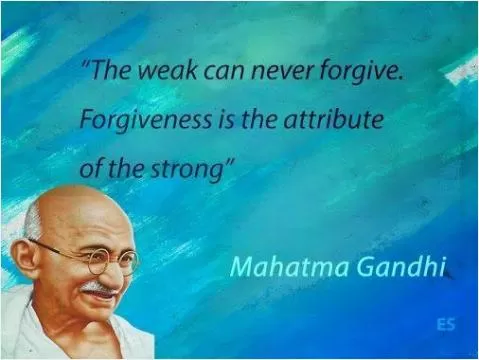

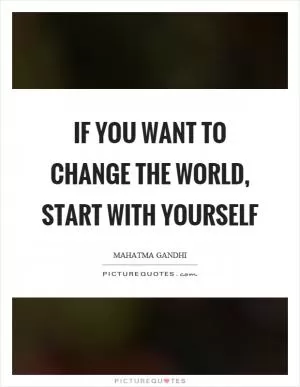
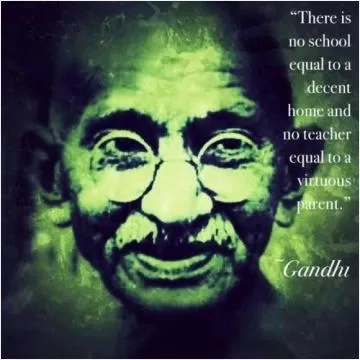



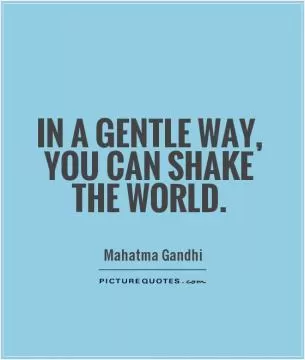
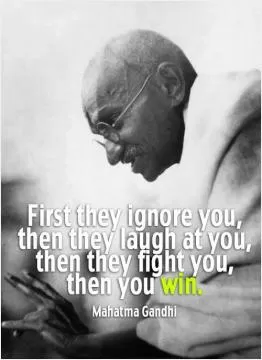

 Friendship Quotes
Friendship Quotes Love Quotes
Love Quotes Life Quotes
Life Quotes Funny Quotes
Funny Quotes Motivational Quotes
Motivational Quotes Inspirational Quotes
Inspirational Quotes